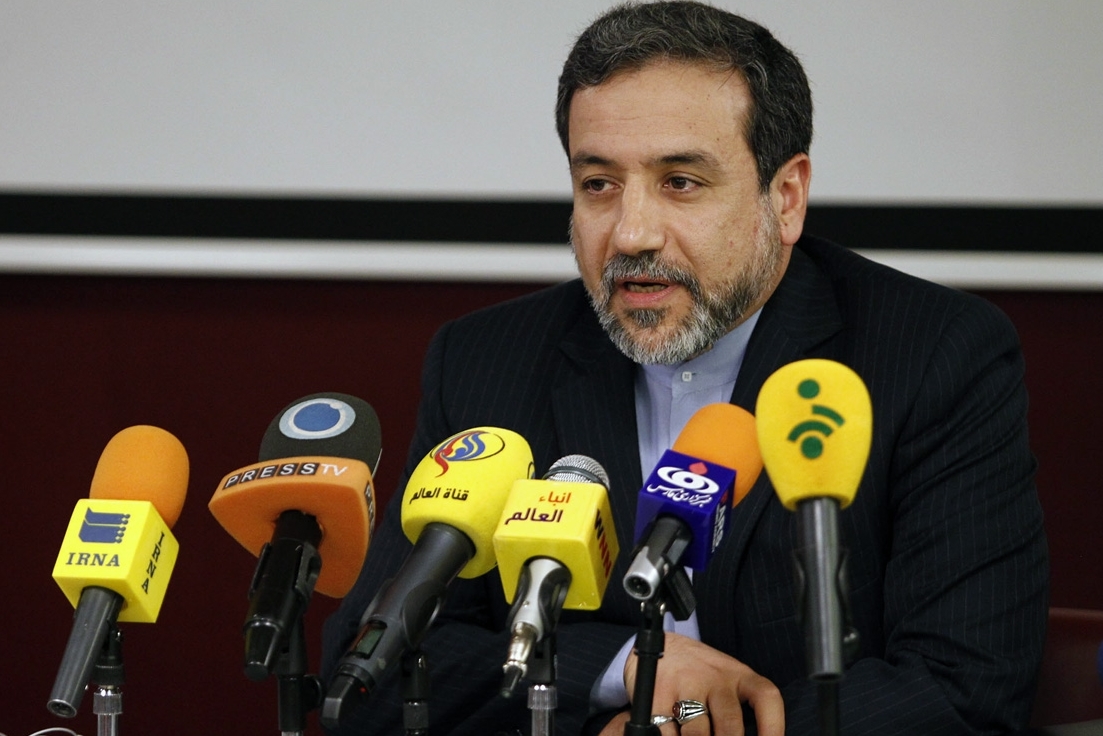 TEHRAN (FNA)- Any decision about endorsement or rejection of the Additional Protocol to the Non-Proliferation Treaty (NPT) only falls under the authority of the Iranian parliament, Iranian Deputy Foreign Minister and senior negotiator Seyed Abbas Araqchi stressed.
TEHRAN (FNA)- Any decision about endorsement or rejection of the Additional Protocol to the Non-Proliferation Treaty (NPT) only falls under the authority of the Iranian parliament, Iranian Deputy Foreign Minister and senior negotiator Seyed Abbas Araqchi stressed.Araqchi made the remarks in a session of the Iranian Parliament's National Security and Foreign Policy Commission on Tuesday, where he briefed the lawmakers about the negotiations in the last round of talks between Iran and the Group 5+1 (the US, Russia, China, France and Britain plus Germany).
Following the meeting, Rapporteur of the Commission Seyed Hossein Naqavi Hosseini told FNA that Araqchi had said in his remarks that �accepting the additional protocol naturally requires the Iranian parliament's approval even if the entire deal proves to be dependent on the protocol".
"We have proved our good will to the international community; we see attainment of (a final) agreement possible, an agreement that respects our redlines," Naqavi Hosseini quoted Araqchi as saying.
He noted that the Iranian deputy foreign minister had said that the two sides agreed to continue their talks in a bid to reach a final agreement, and added, "The two sides have paved a long way and reached a lot of common points, but the two sides still have many differences and their redlines are still in place, although the other side has made changes in its demands."
The additional protocol was created following the discovery of clandestine nuclear weapons programs in Iraq and North Korea during the 1990s. Countries conclude specific additional protocols to supplement their International Atomic Energy Agency (IAEA) safeguards arrangement.
For the Additional Protocol to be enforced in any country, it needs the approval of both the government and the parliament of that country.
In addition to those which have basically rejected endorsement of the non-proliferation treaty (NPT), most signatories to the NPT have also defied accepting the agreement. Accepting the protocol is a voluntary, and not compulsory, decision.
In October 2013, the Iranian foreign ministry underlined the good interactions between the government and parliament, specially in regard to the settlement of the country's nuclear issue, and said the legislature has the jurisdiction to deal with the country�s approval or non-approval of the Additional Protocol.
�There is a very good interaction between the government and the parliament and the parliament speaker (Ali Larijani) is informed of the process of the negotiations and the relevant discussions,� Foreign Ministry Spokeswoman Marziyeh Afkham told reporters in Tehran at the time.
"Making a decision about the Additional Protocol is a responsibility vested on the parliament which will decide about the issue based on the trend of the negotiations and progress in debates (with the world powers),� she added.
The 10th and last round of negotiations between Iran and the six world powers was held in Vienna from November 18 to 24.
In July, Tehran and the six countries agreed to extend negotiations until November 24 after they failed to reach an agreement on a number of key issues.
After the last round of the Vienna talks, Iranian Foreign Minister Mohammad Javad Zarif and EU coordinator Catherine Ashton announced that the deadline for negotiations had been extended until July 10, and the world powers had taken up to release $700 million of Iran's frozen assets on a monthly basis.
By Fars News Agency
�
The Iran Project is not responsible for the content of quoted articles.










